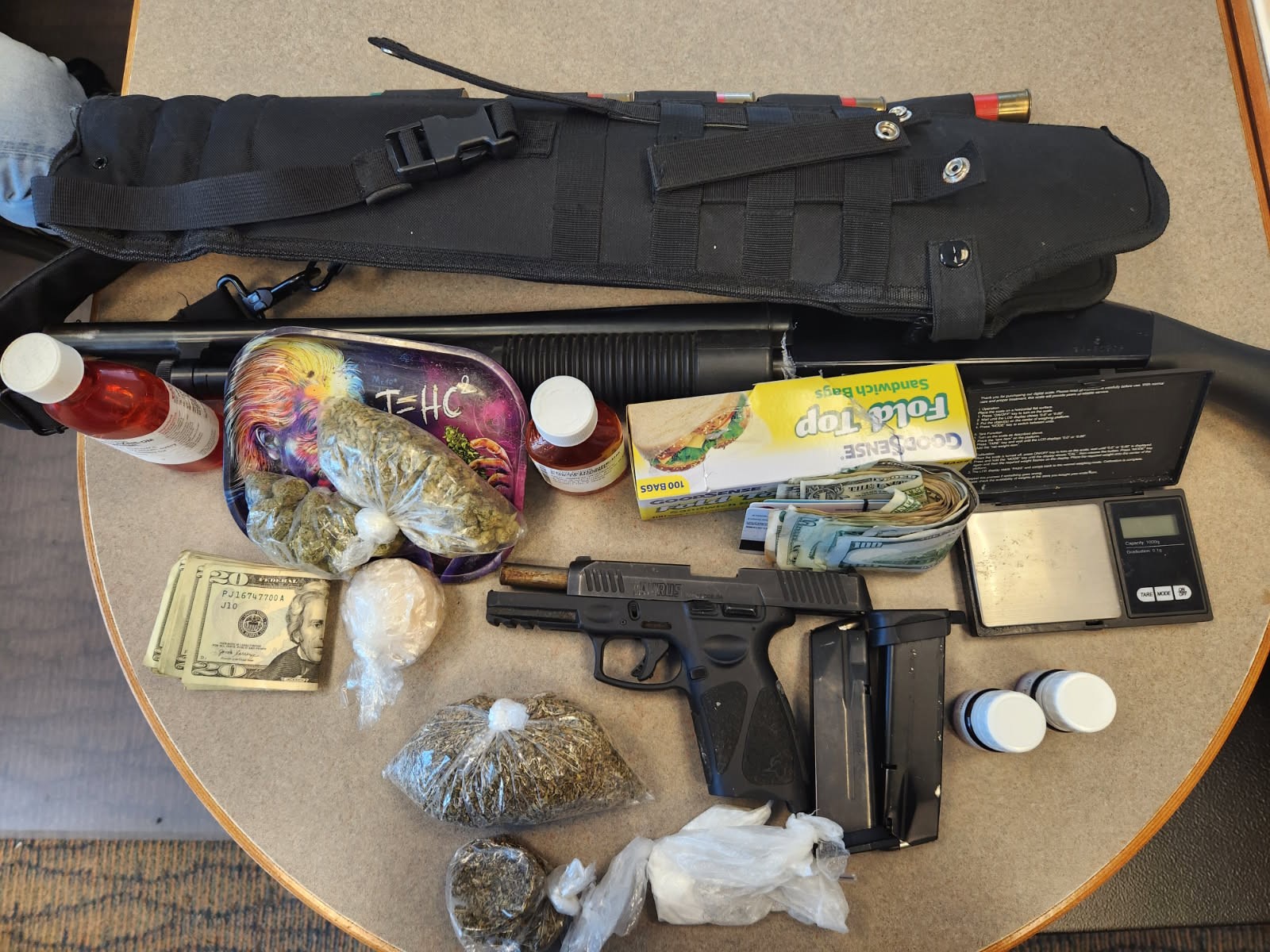HIGHER ED COMMITTEE LOOKS AT CAMPUS FREE SPEECH ISSUES
Published 10:05 am Monday, May 1, 2017
The Senate Higher Education Committee discussed the issue of campus censorship in the wake of a number of high profile incidents in other states. The discussion centered around a bill offered by Lakeway Senator Dawn Buckingham, who is trying to reinforce state and federal constitutional protections for freedom of speech on college campuses. On some college campuses in other states, protests against controversial invited speakers have led to demonstrations, cancellations of events and even riots in one case. Buckingham doesn’t want that to happen here. “Our institutions of higher education have always been a place of learning and growing and the open dialog of ideas, even those we disagree with,” she said.
Buckingham’s bill, SB 1151, would require colleges and universities to develop public policies relating to freedom of expression on campus, and make explicit the right of free expression. Under the bill, students could not be punished solely for exercising their right to free speech. Members agreed with the sentiment of the bill, supporting free speech and the need for the college experience to challenge and broaden opinions and world views, but questioned if additional legislation was necessary. “If what you’re doing is trying to get the universities’ attention to free speech, I don’t think we need to codify that,” said Dallas Senator Royce West. “I think we have adequate case law that deals with First Amendment rights.”
With or without the bill, Senator Larry Taylor of Friendswood said that universities in Texas need to be aware that they must protect everyone’s free expression on campus. “We have an opportunity from this dais to let our universities know that we aren’t going to put up with that,” he said. “There should be ramifications if you’re allowing that to go on on your campus, where free speech is being repressed. I personally find that offensive, particularly at a university setting where people are supposed to be exposed to different ideas. ” Buckingham told members that the fact that this is happening on some campuses despite the First Amendment shows the need for her legislation. “I do believe it needs a little extra help and also this allows to set forth [the policy] to the students so that the expectations are clear to the students as well,” she said. The bill remains pending before the committee.
Trending
On the floor Wednesday, the Senate approved a bill the author hopes will remove a potential barrier to reporting sexual assault on campuses. SB 966 by Senator Kirk Watson of Austin would create a defense to prosecution for underage drinking for minors who are reporting a sexual assault. Sexual assaults can often happen at parties and other events where alcohol is present, and if a victim or witness was drinking illegally, they might be afraid that if they report the assault, they could face punishment for drinking underage. Watson hopes his bill will increase reporting rates of on-campus sexual assaults. “This should encourage more people who survive sexual assault to come forward and seek help,” he said.
The bill was amended to ensure that the protection isn’t misused as a way for students to avoid punishments for consumption by requiring that protection only applies when the sexual assault and underage drinking happen at the same event. The bill passed unanimously and will now head to the House.
The Senate will reconvene Thursday, April 27 at 11 a.m.





